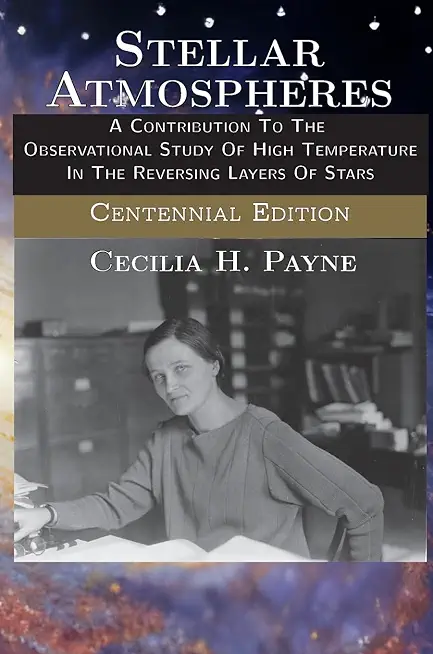
The Israeli Air Force (IAF) has evolved from a small, defensive force to a major player in the Middle East. This thesis explores the IAF's history from its inception in 1947 to the mid 1980s and examines the factors that have influenced its development. The study identifies two distinct periods that act as inflection points in the IAF's development, the tenures of Major General Dan Tolkovski in the 1950s and Major General Benny Peled in the 1970s.
The thesis also identifies several key factors that have contributed to the IAF's evolution. These include the constant existential threat faced by Israel, the country's small size and lack of strategic depth, the air-mindedness of Israeli leaders, and the IAF's focus on quality and standards. The study also highlights the importance of technology and acquisition in the IAF's development.
The thesis concludes that the IAF's evolution is a unique case study in air force development. The IAF's success is due to a combination of factors, including the country's unique geopolitical situation, the vision of its leaders, and the dedication and skill of its personnel. The study also suggests that the IAF's experience may offer lessons for other small states that are seeking to develop their own air forces.
This annotated edition illustrates the capabilities of the AI Lab for Book-Lovers to add context and ease-of-use to manuscripts. It includes several types of abstracts, building from simplest to more complex: TLDR (one word), ELI5, TLDR (vanilla), Scientific Style; Notable Passages; and five different specialized indexes.
member goods
notems store

Shell Game: A Military Whistleblowing ...
by Bennett 11th Psychological Operations Ba
Hardcover /Hardcover$36.33






